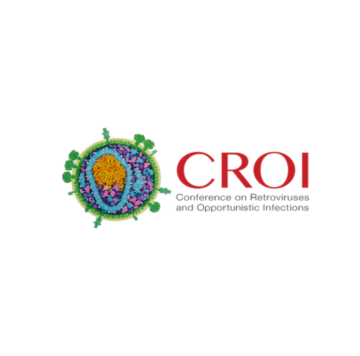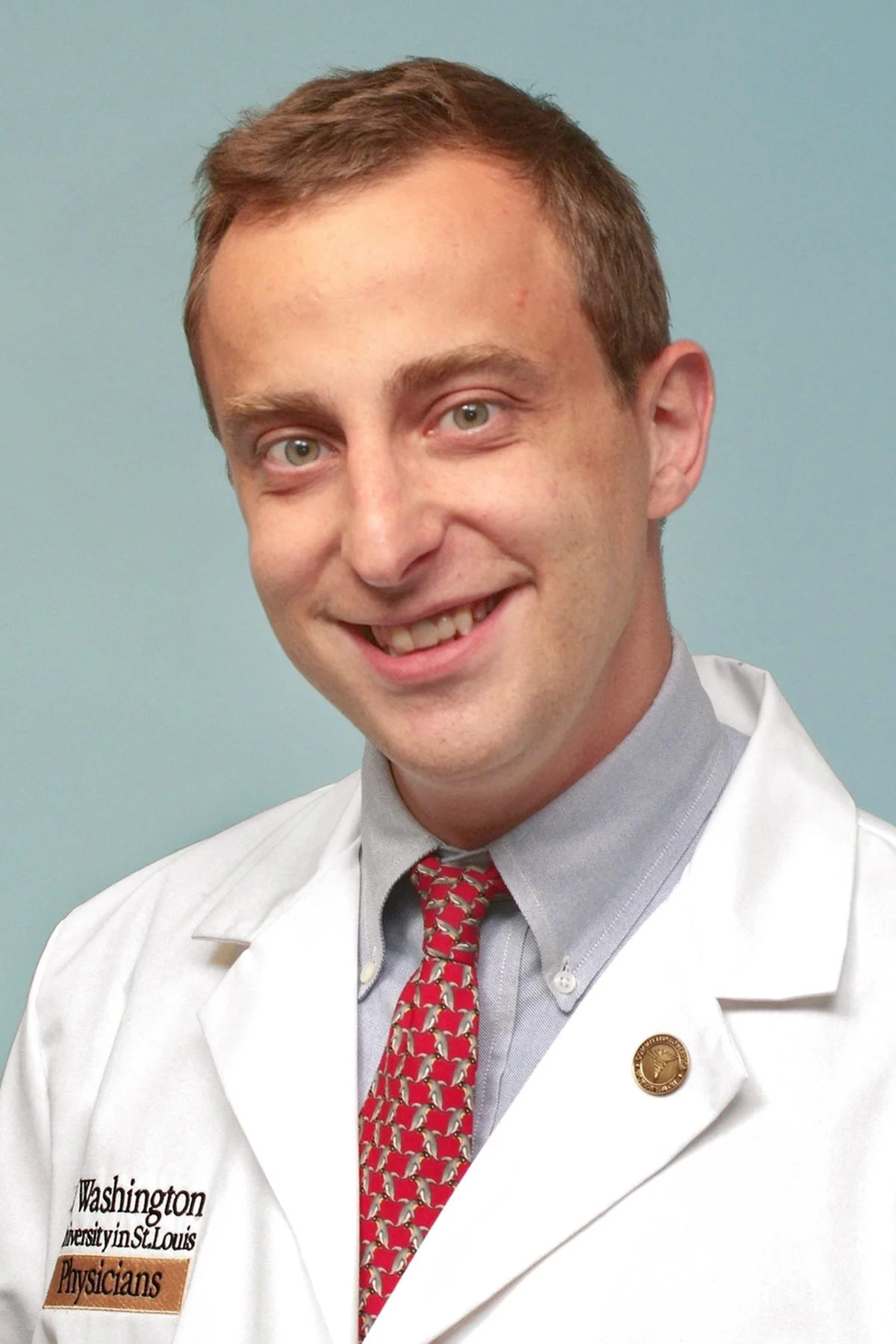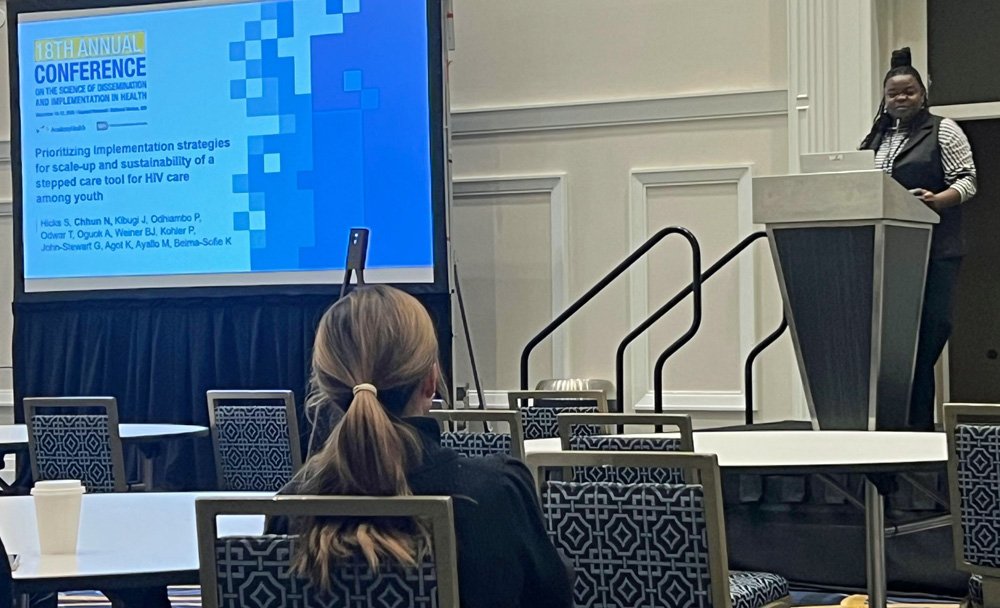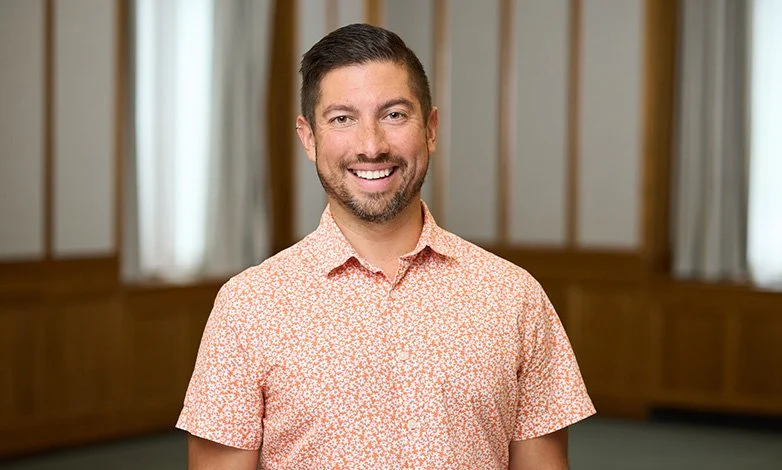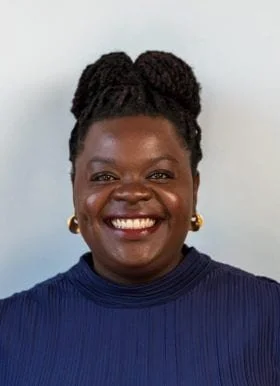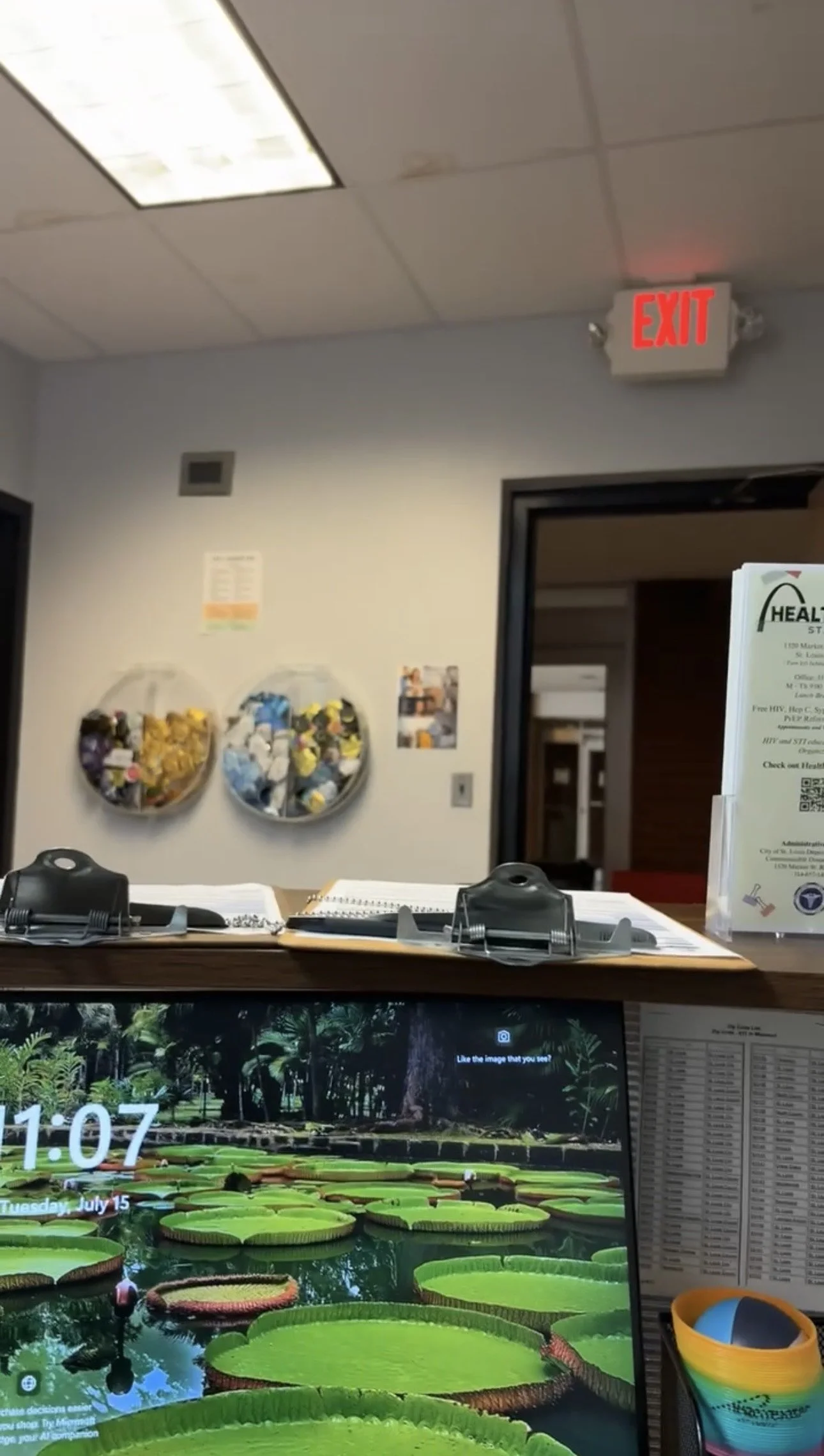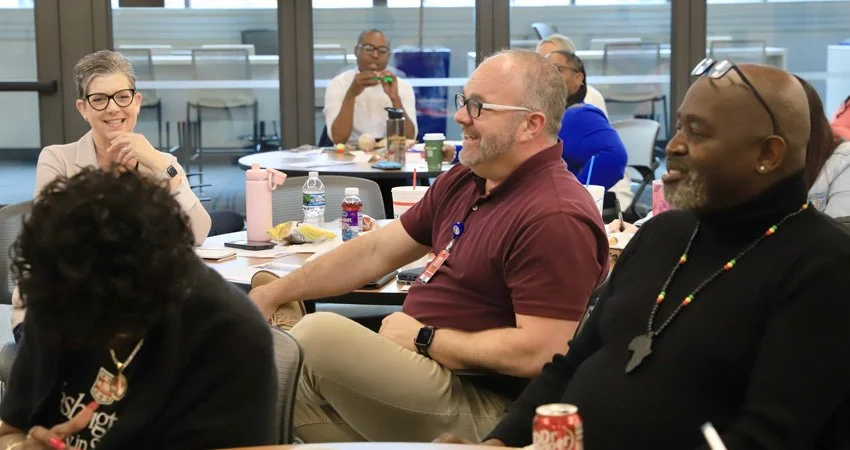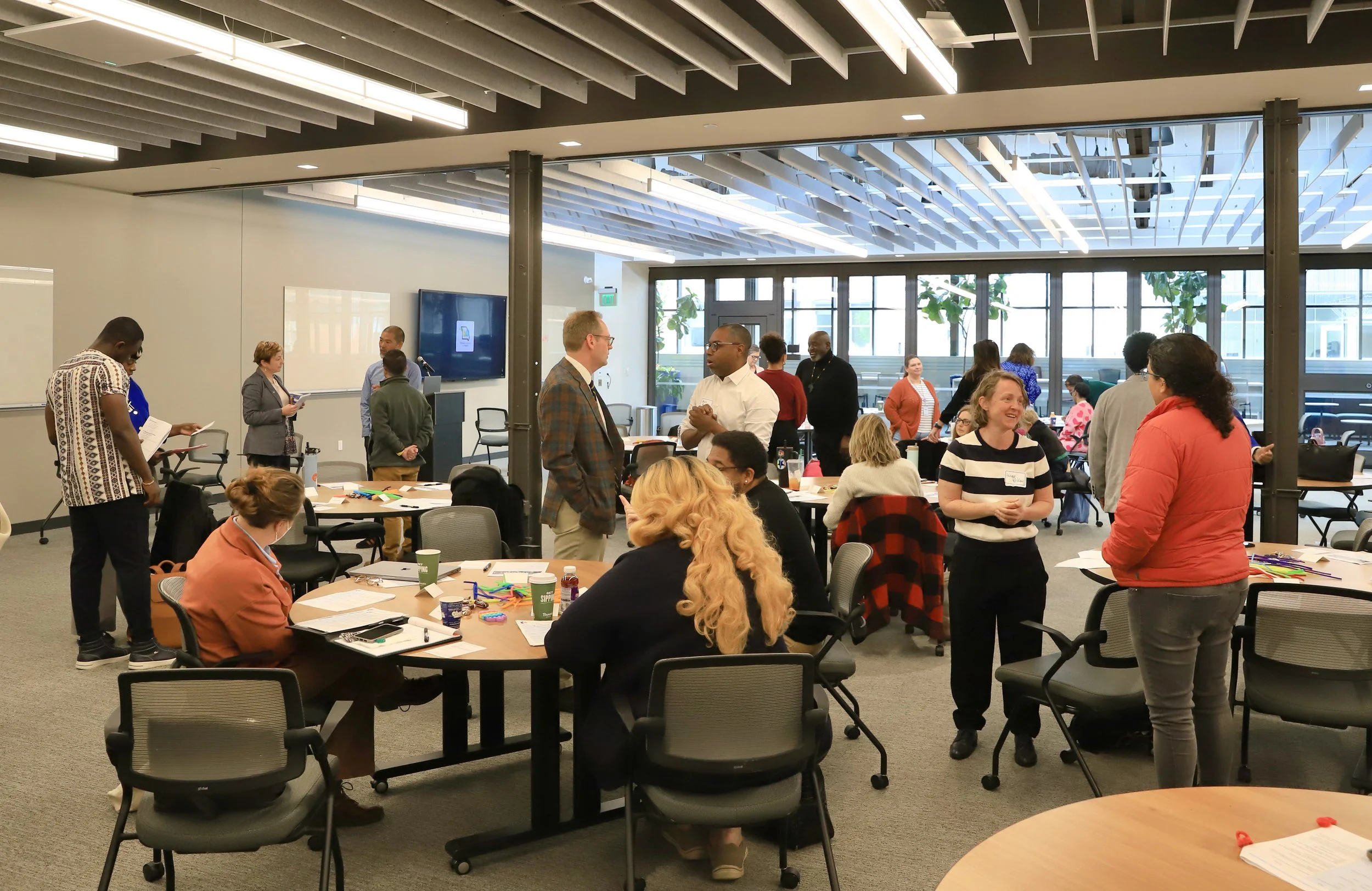
Ending the HIV epidemic in Missouri and the Midwest through groundbreaking research, innovative solutions, and community-driven practices for change
Collaboration and Coordination
Washington University in St. Louis and Saint Louis University have joined forces to establish the Midwest Developmental Center for AIDS Research (Midwest D-CFAR) with funding from the National Institutes of Health (NIH). The center serves as a platform for researchers and public health workers to collaborate and coordinate their efforts to fight the HIV epidemic together.


Our vision is to improve the lives of people affected by the HIV epidemic. Our mission is to expand the scope, quality, and impact of science addressing HIV. Our goal is to transform our institutions to lead science aligned with the NIH HIV research priorities, contributing to turning the tide on this epidemic.
D-CFAR News
The 2026 Conference on Retroviruses and Opportunistic Infections (CROI), happening February 22-26 in Denver, Colorado, features presentations by several Midwest D-CFAR investigators.
These awards aim to support emerging and established researchers as they expand their focus to HIV-related studies.
Meet Dr. Beau Ances, professor of neurology at WashU and director of the Midwest D-CFAR Clinical Science Core.
The 18th Annual Conference on the Science of Dissemination and Implementation in Health (D&I) was held this week in Washinton, D.C. and several members of the Midwest D-CFAR were there leading workshops, facilitating discussion forums, and presenting novel research.
Meet Dr. Octavio Mesner, an early-stage HIV investigator at WashU. Octavio focuses on the intersection of methods and LGBTQ+ health, particularly in non-parametric causal discovery.
When rural communities are left without the resources and support to participate in clinical trials our understanding of HIV is skewed. Blog written by Dima Dandachi, co-director of the Midwest D-CFAR’s Scientific Working Group.
Meet Dr. Aditi Ramakrishnan, an inspiring early-stage investigator at WashU devoted to improving HIV prevention and treatment services. Discover her journey, ongoing projects, and experiences at IDWeek in our November 2025 feature.
Juliet Iwelunmor, Proscovia Nabunya, and Portia Nartey were recently awarded a seed grant from the WashU Office of the Vice Chancellor of Research to explore the prevalence and predictors of sexual risk behaviors in Ghanaian adolescent girls.
Dima Dandachi, MD, will receive the 2025 University of Missouri School of Medicine Excellence in Research Mentoring Award, which recognizes faculty members for excellence in clinical, translational and/or basic science research mentorship.
Kneeshe Parkinson, PhD, coordinator of the Midwest D-CFAR’s Scientific Working Group, attended the 2025 U.S. Conference on HIV/AIDS (USCHA) and facilitated a session.
Dr. Burel Goodin's new Healthy Behaviors for Insomnia Prevention in People with HIV and Ongoing Pain (HIP HOP) study seeks to explore the impact of improving sleep on mitigating chronic pain among people with HIV.
Elizabeth Bukusi, a leading global health expert and renowned HIV researcher, offers insights into her distinguished career, impactful research, and unwavering commitment to improving global health outcomes.
Crowdsourced answers to the question: How do I build a solid professional network in the HIV research community?
The Center for Telehealth Research and Policy (C-TRaP), will conduct five interrelated studies with the goal of integrating machine learning, federated data science, and implementation research to develop predictive, secure, and generalizable tools for evaluating and optimizing rural telehealth delivery.
Dorothy Mangale, PhD, a postdoctoral research associate at WashU, has been selected to participate in the AIDS Malignancy Consortium (AMC)’s prestigious Career Enhancement Program.
Terreon Howard reflects on her internship with the St. Louis Department of Health and what she has learned.
Two recipients will be funded to execute innovative research projects aimed at identifying and addressing systemic gaps in HIV care in Missouri and the broader Midwest.
Dejanae Chapman reflects on her internship with the St. Louis Department of Health and what she is learning about HIV and public health.
Read highlights from the first year of the Midwest D-CFAR’s existence - celebrating what we have accomplished together.
SWG Research Community Collaborative Meeting (virtual) - February 4, 12-1pm
HIV Works in Progress (HIP) Seminar: Sebla Kutluay and Octavio Mesner (virtual) - February 4, 2-3:15pm
Opportunities
Visit our website often for funding and training announcements!
HIV News
‘Transformative’ HIV PrEP shot slowly overcomes cost hurdles (The Hill)
What’s on the treatment and cure horizon for HIV and cancer? (amfAR)
Overcoming obstacles to HIV prevention (US News & World Report)
Join our email list
Receive regular updates on Midwest D-CFAR events, research, training and funding opportunities, and more!

